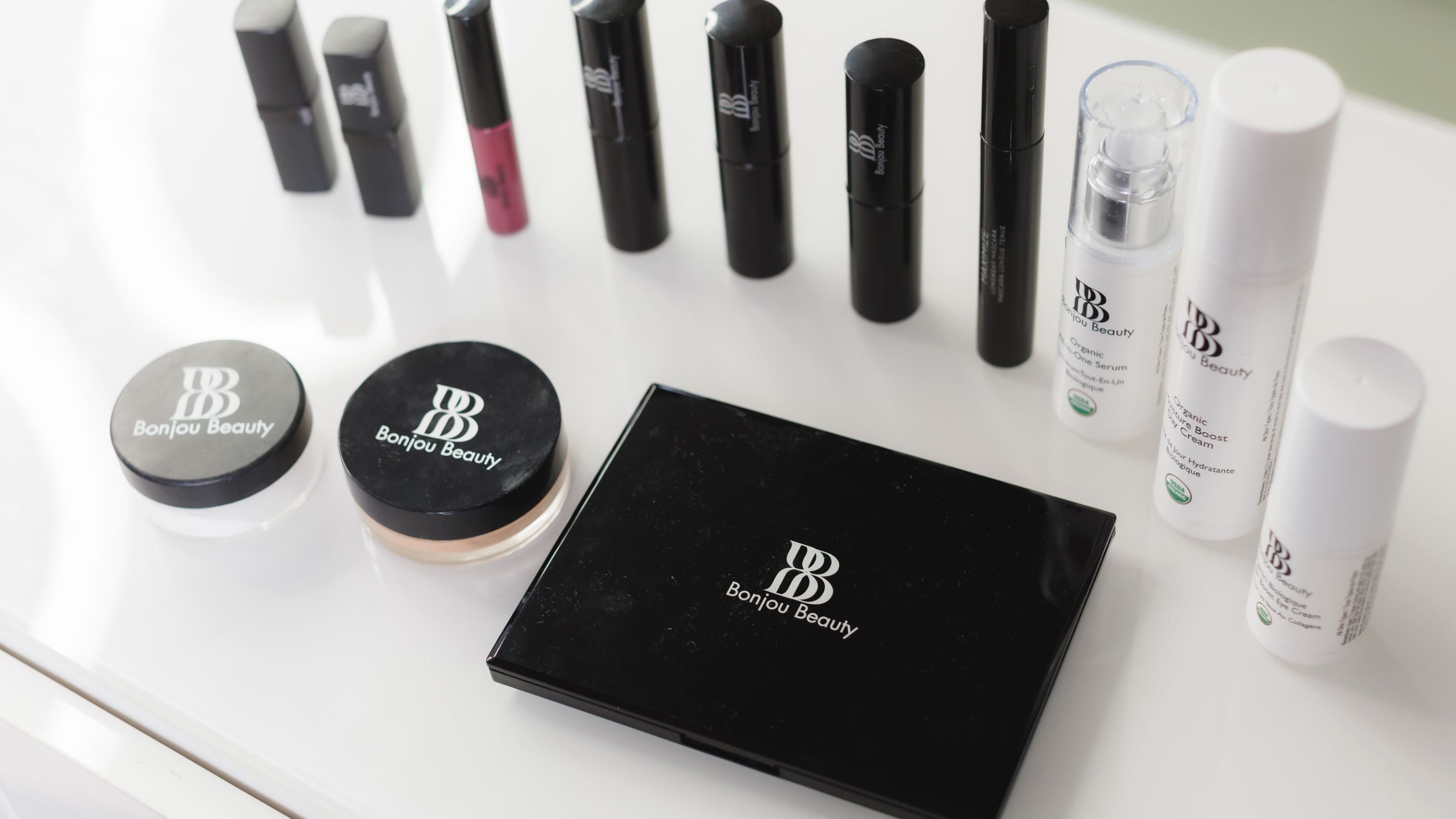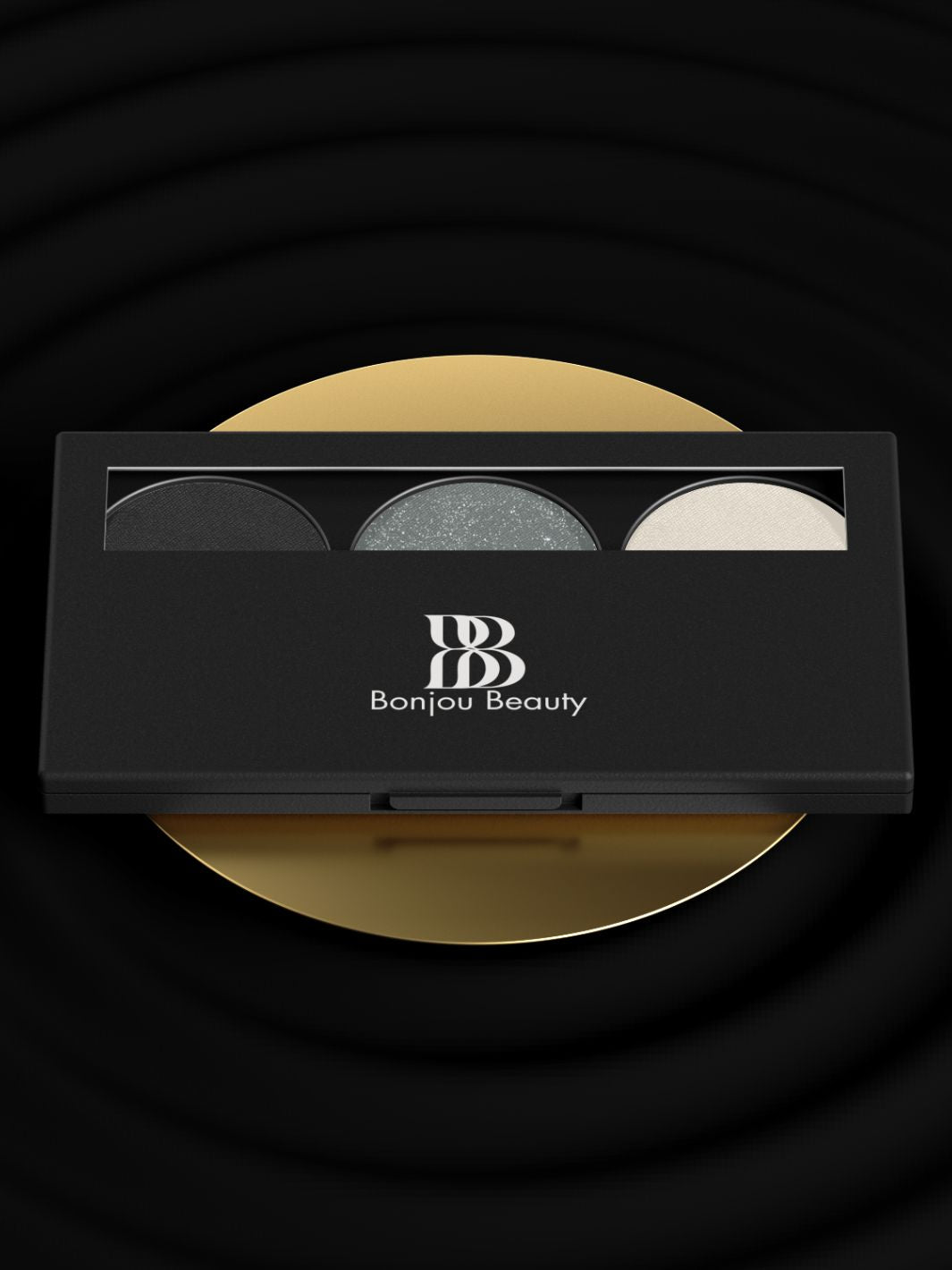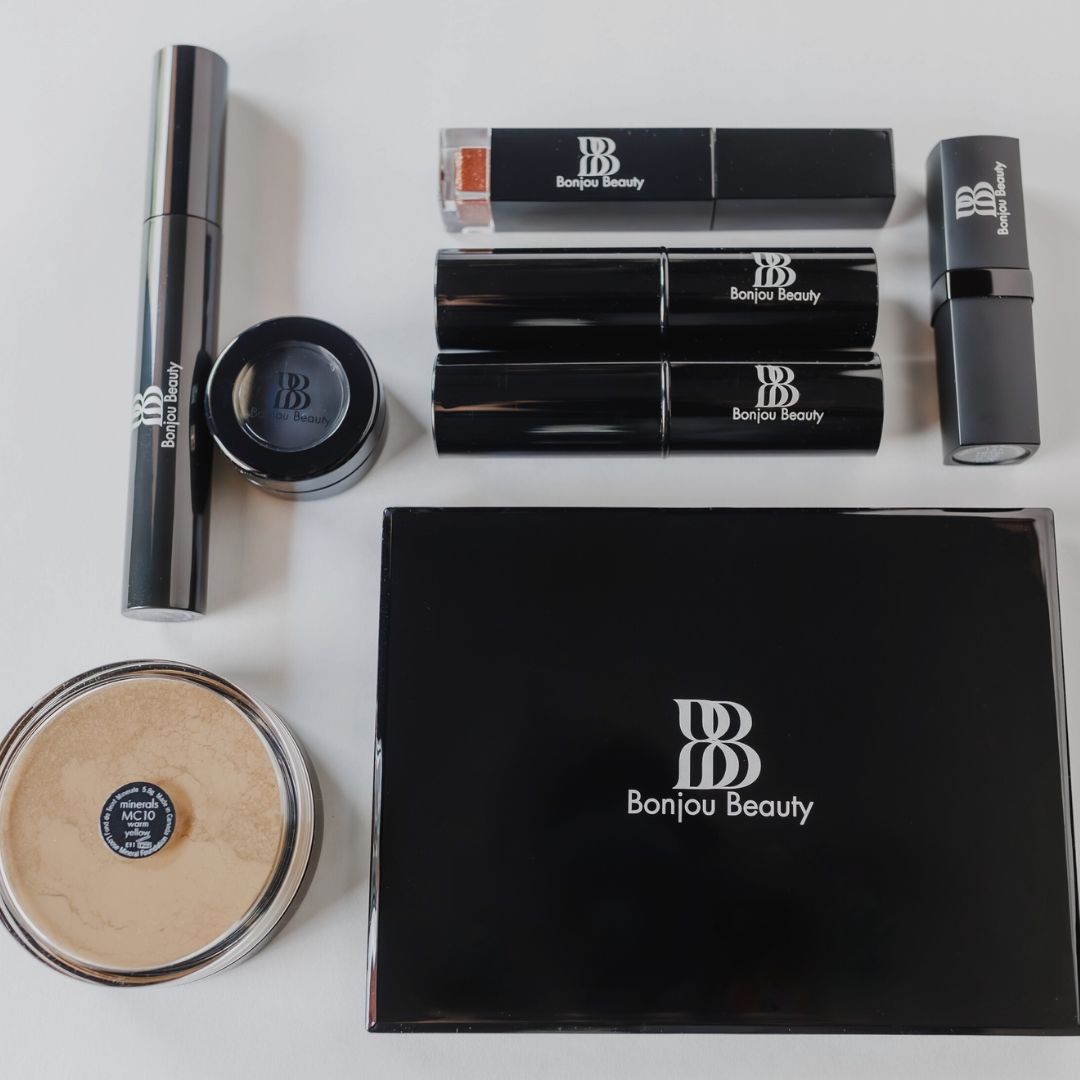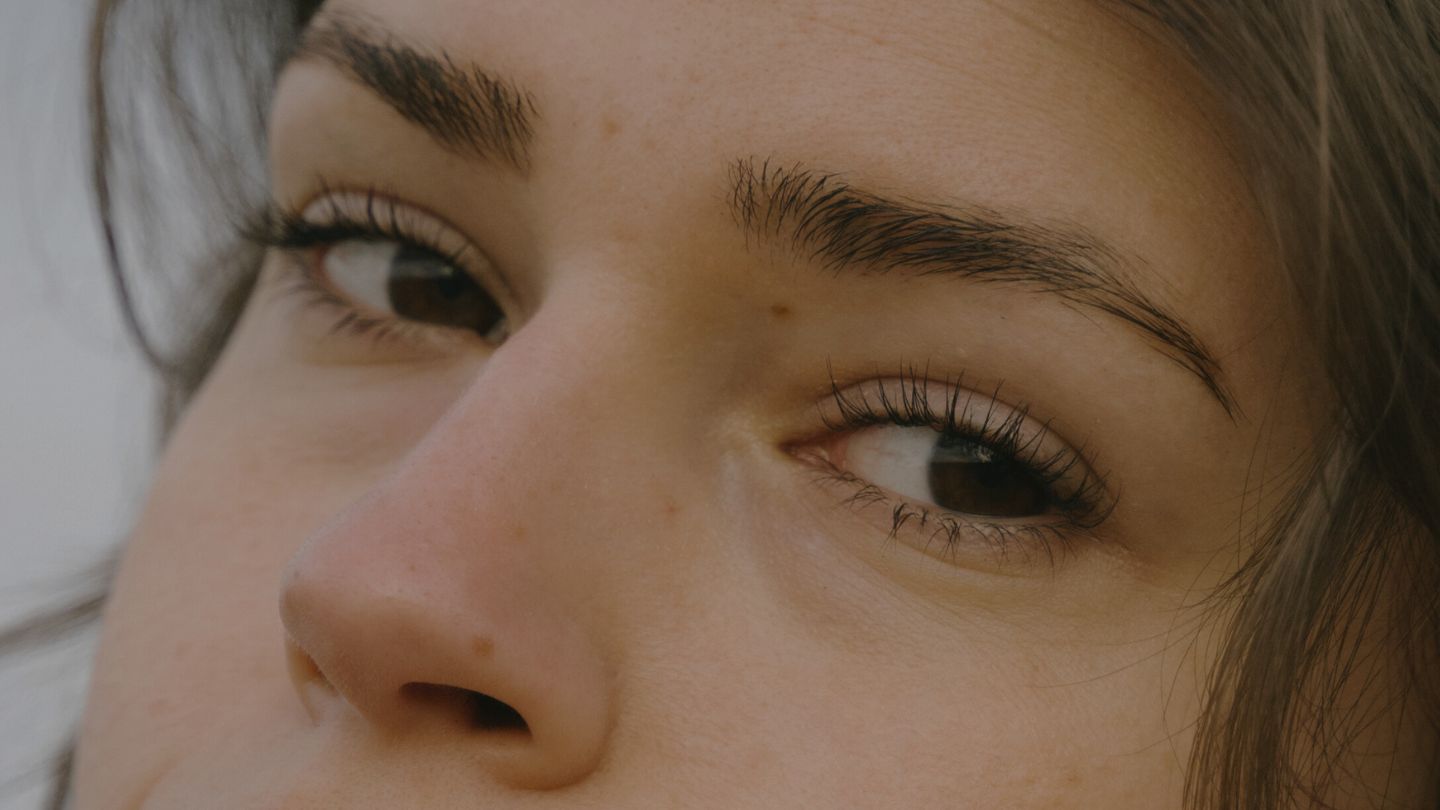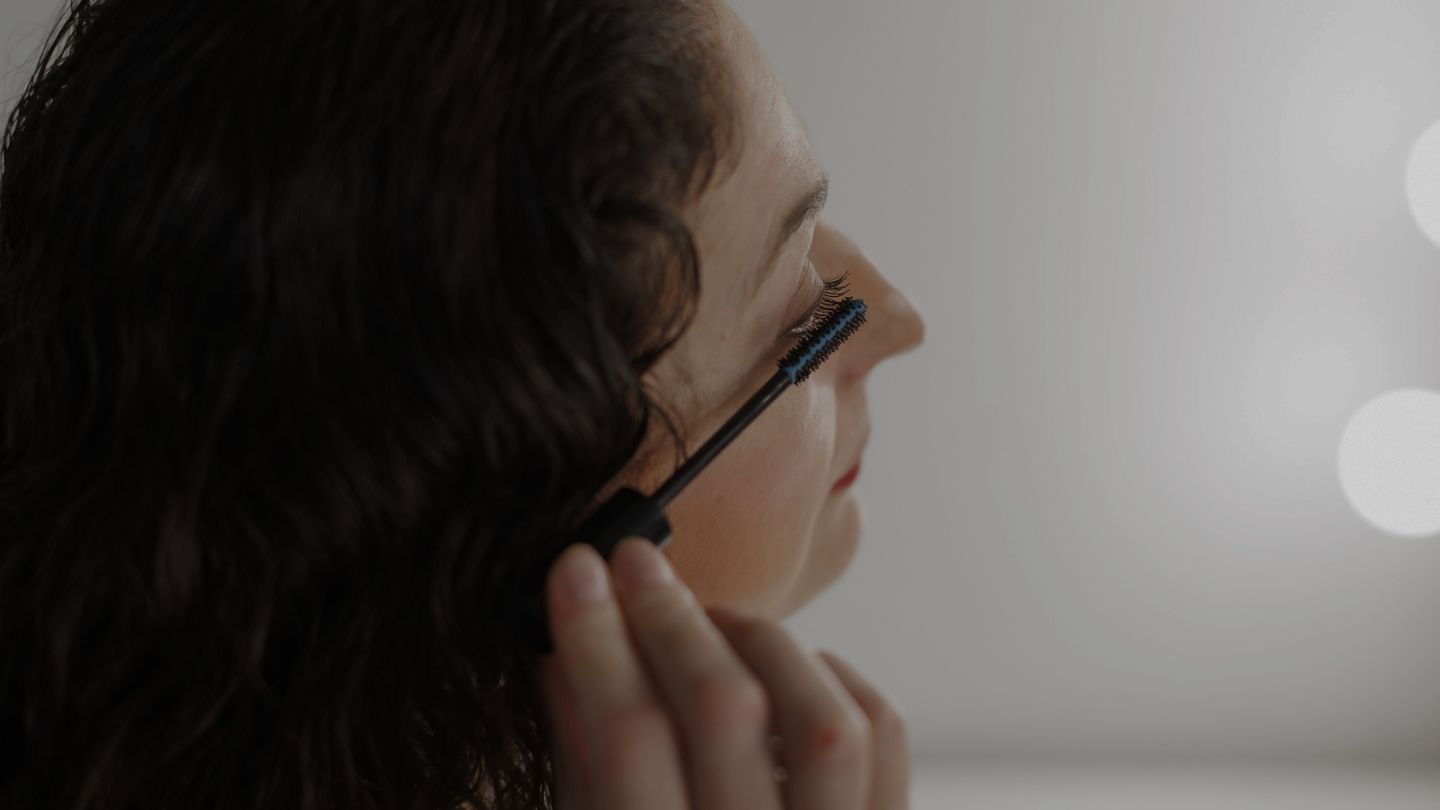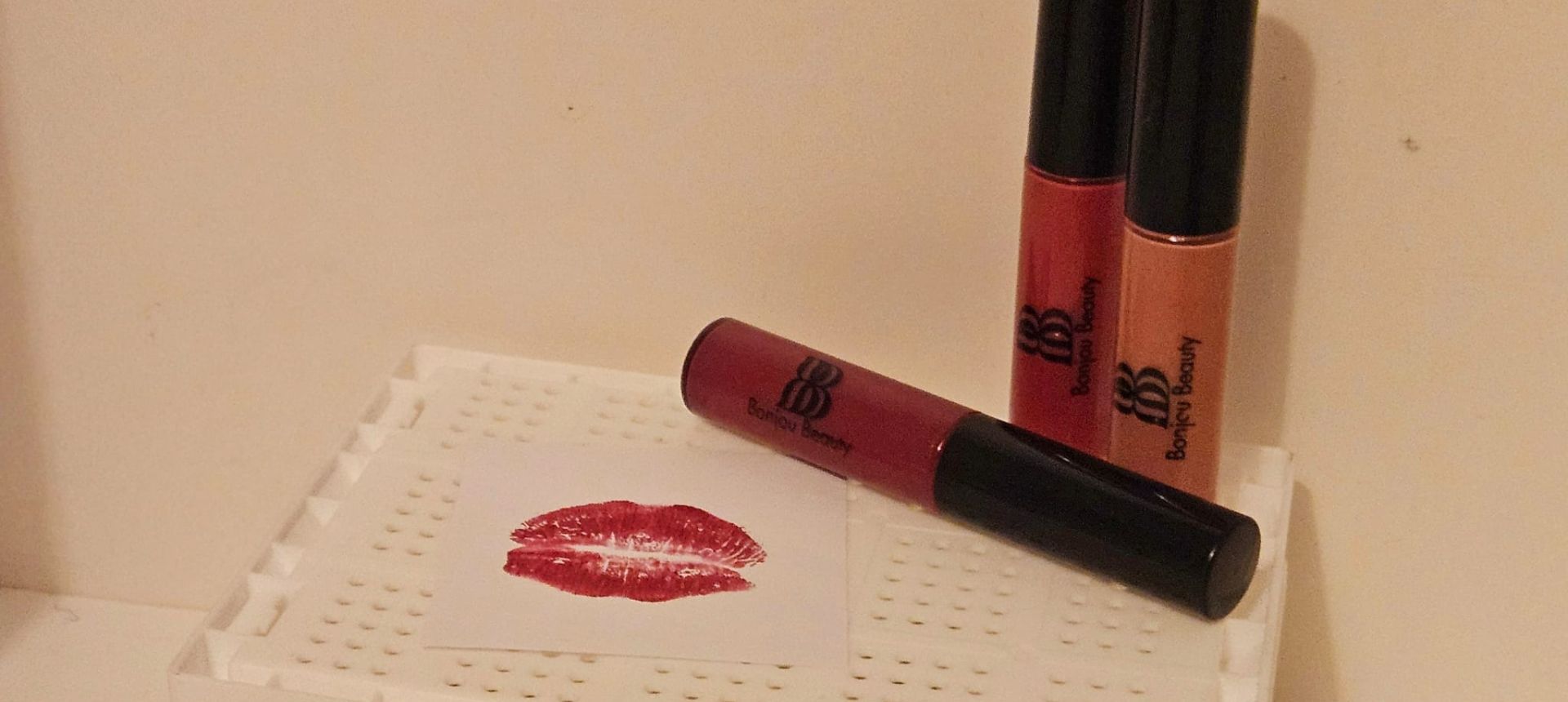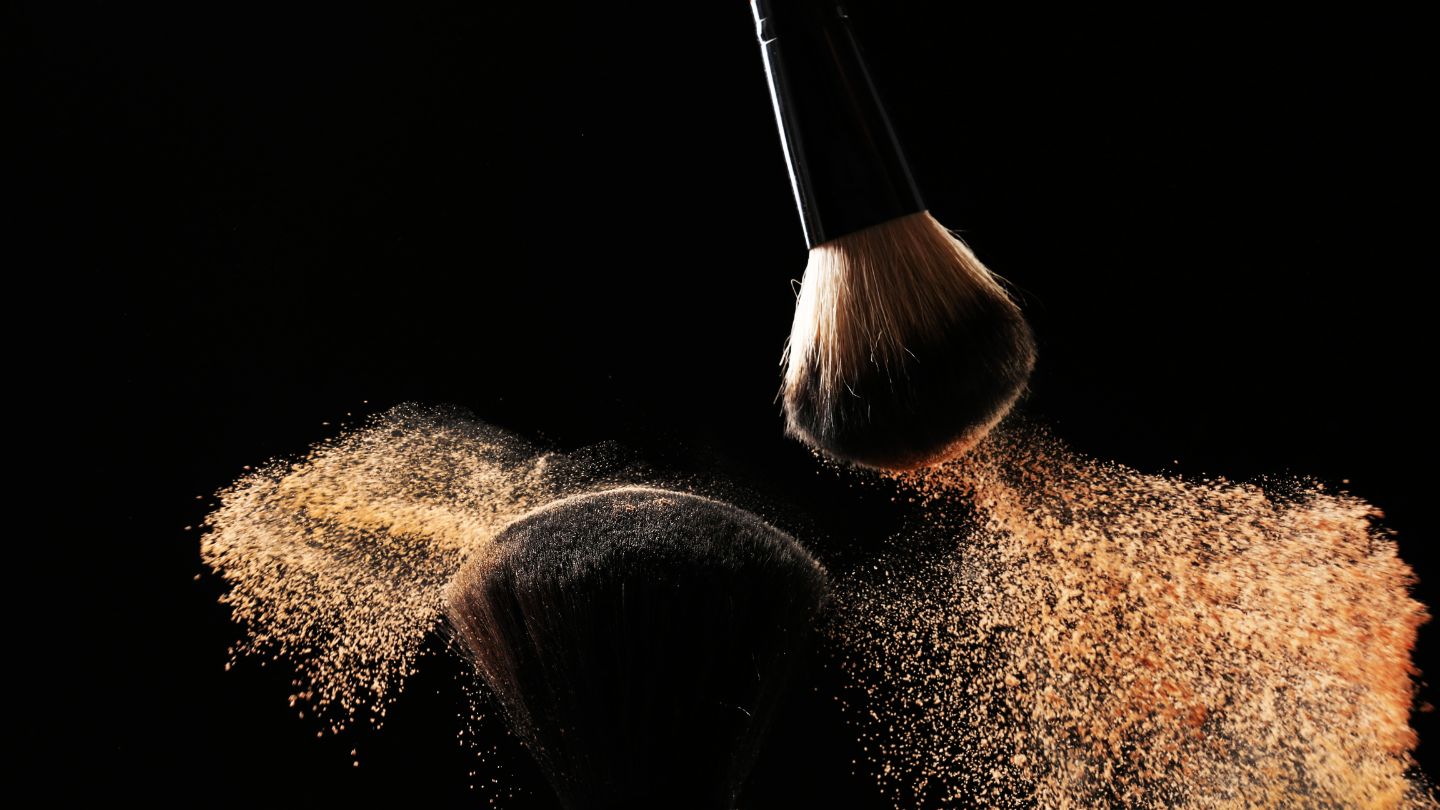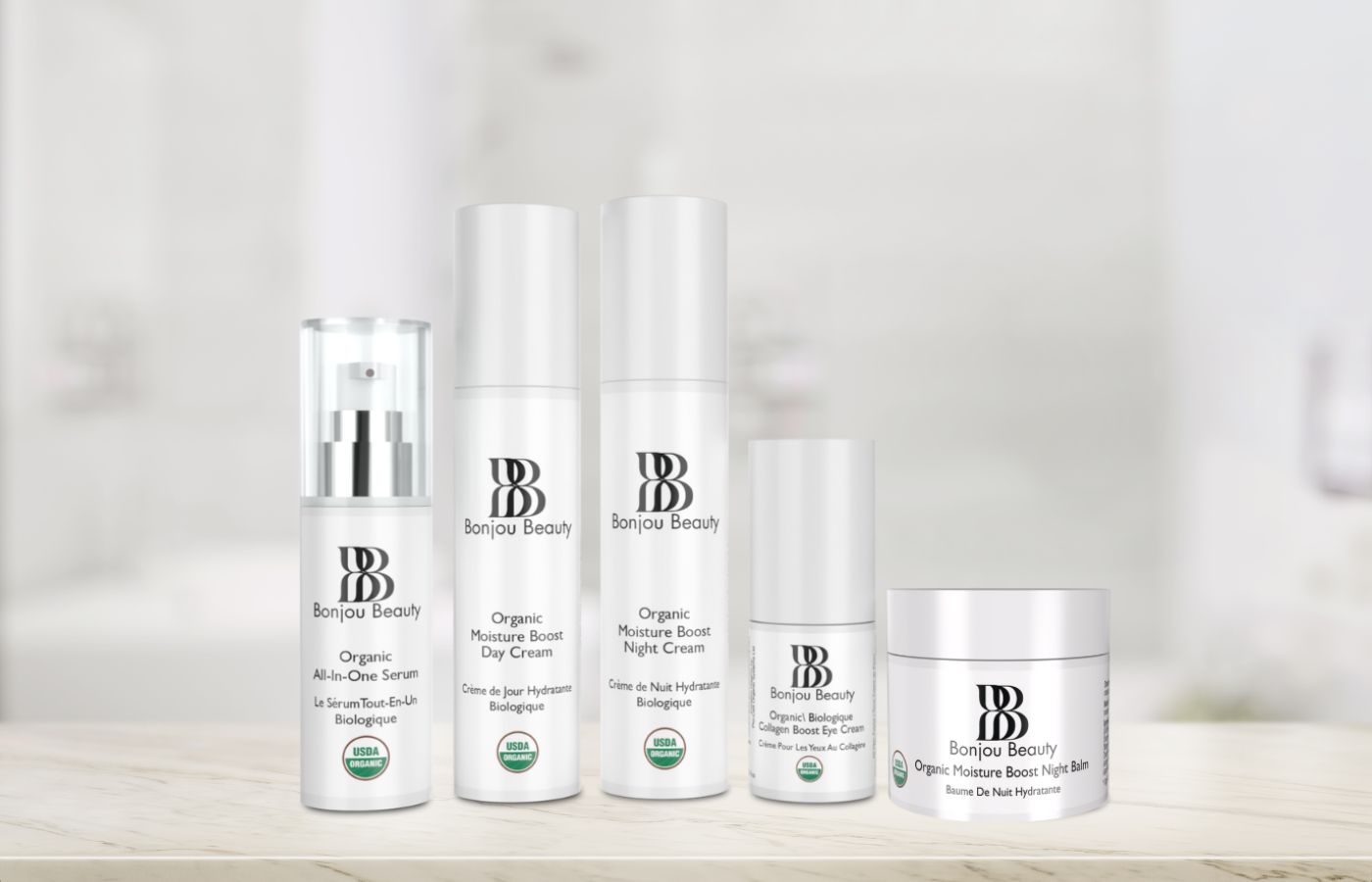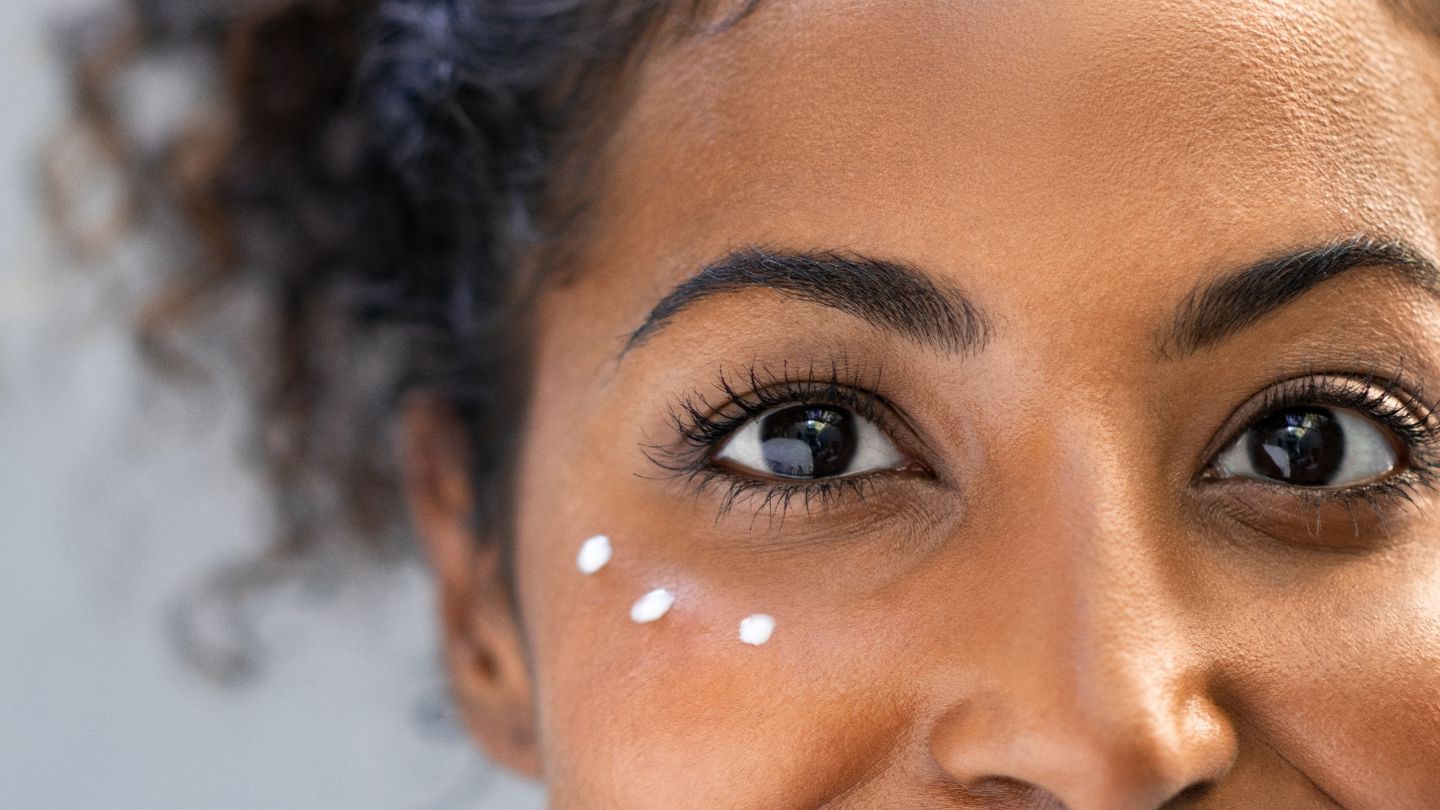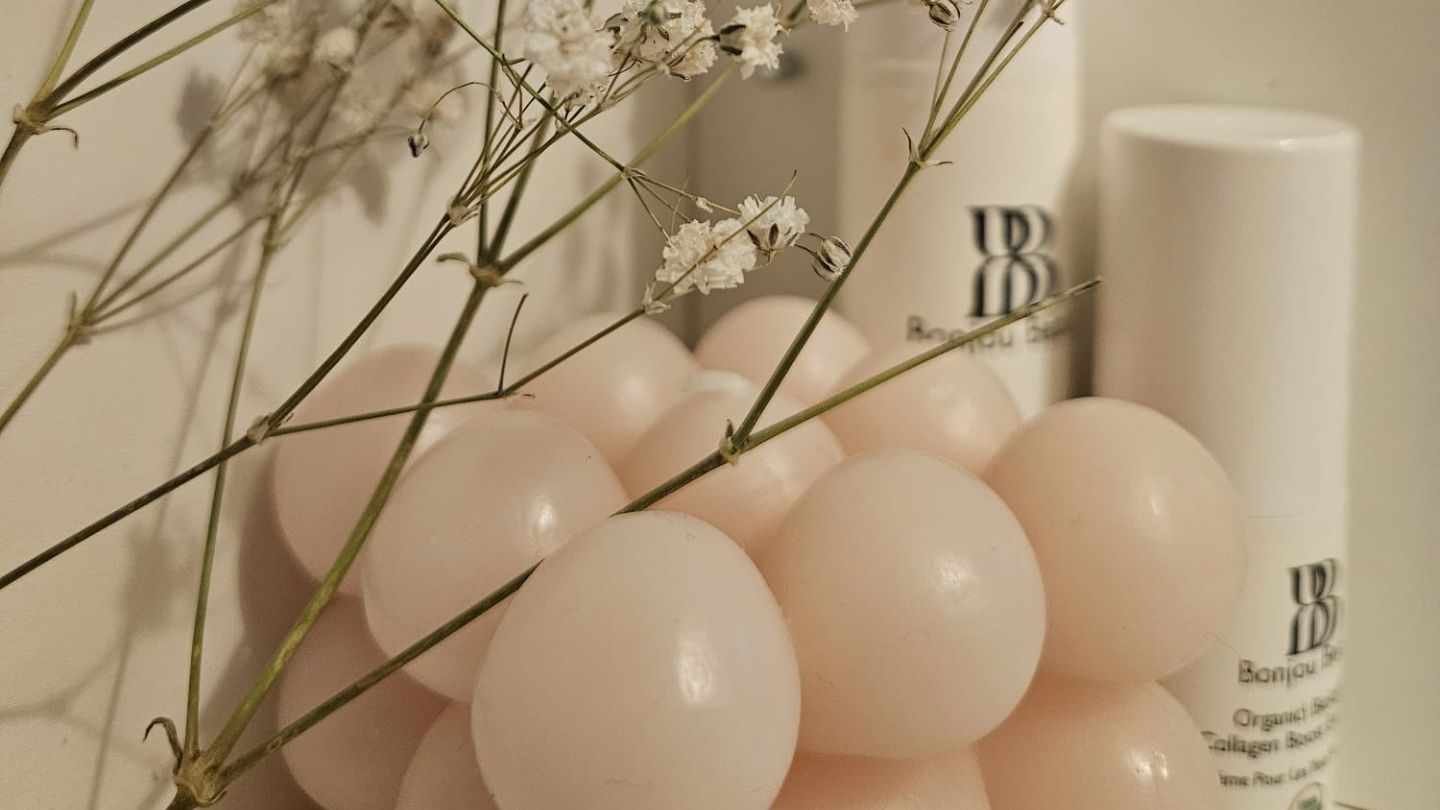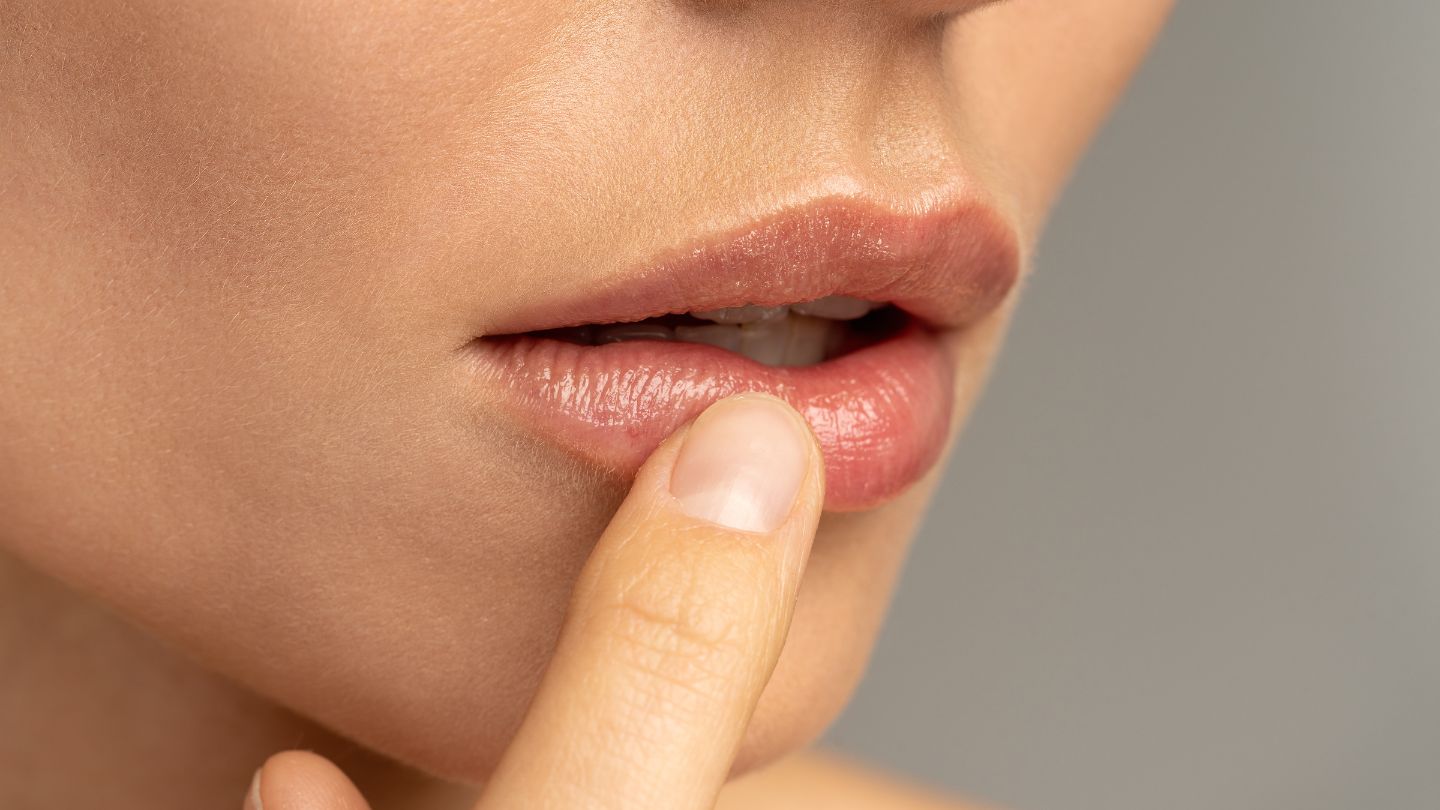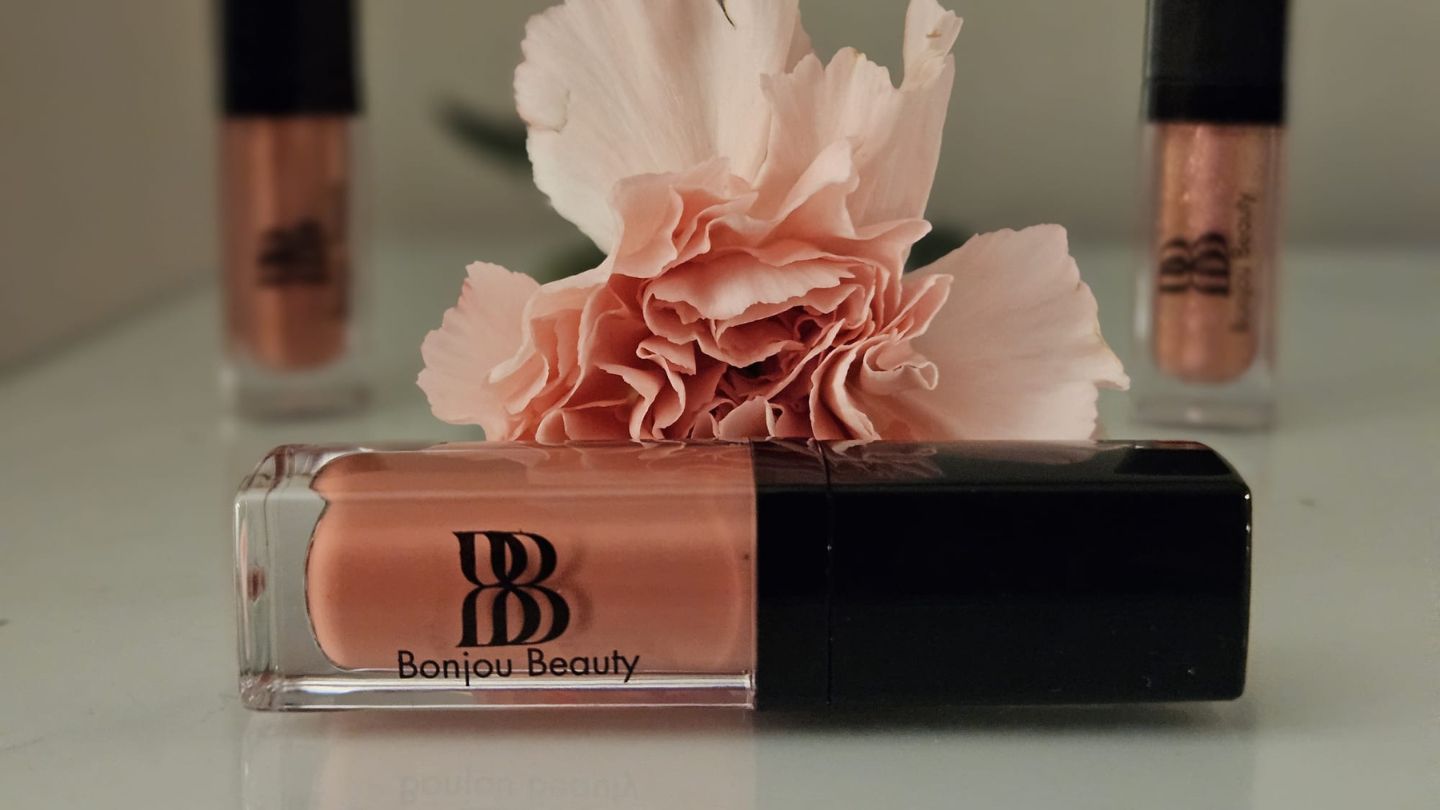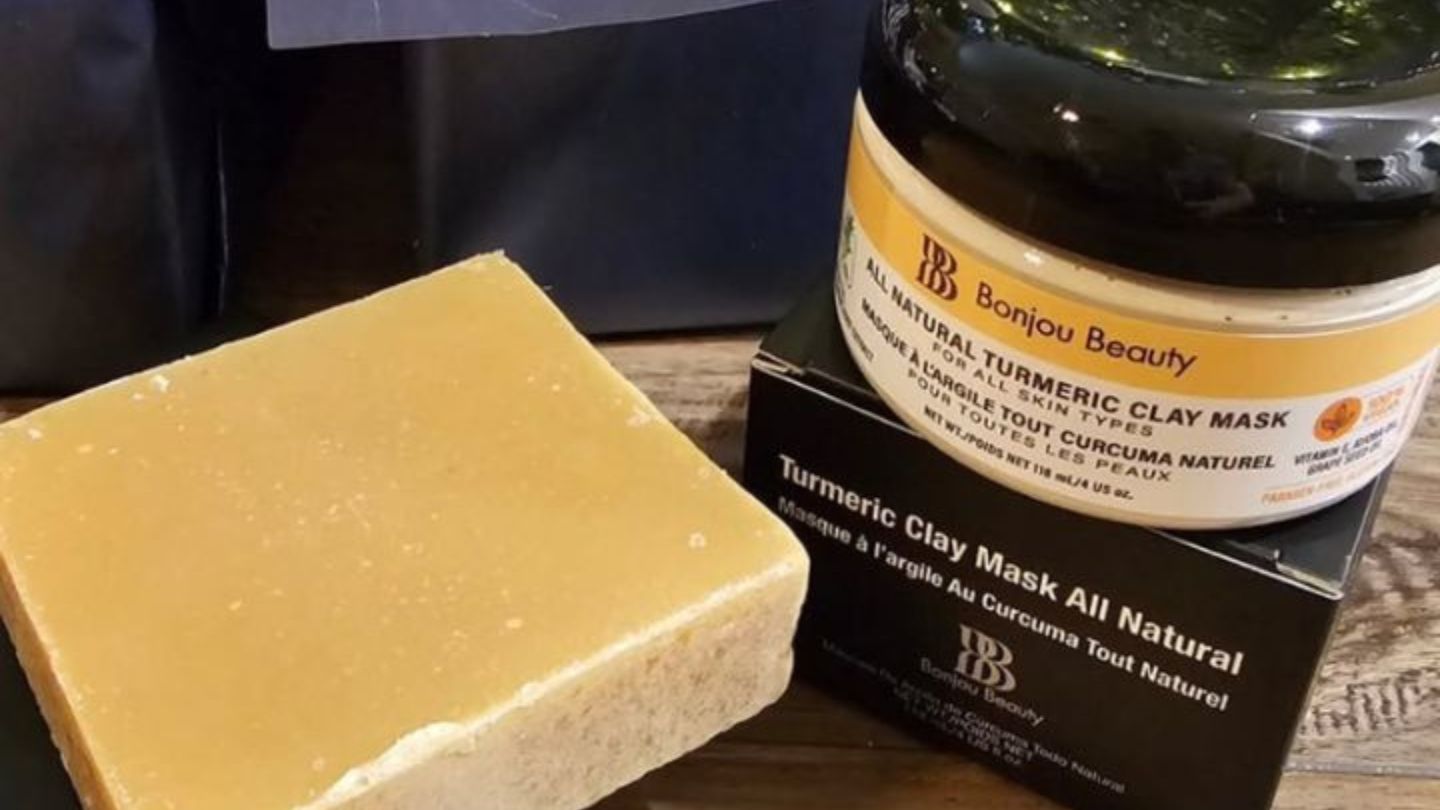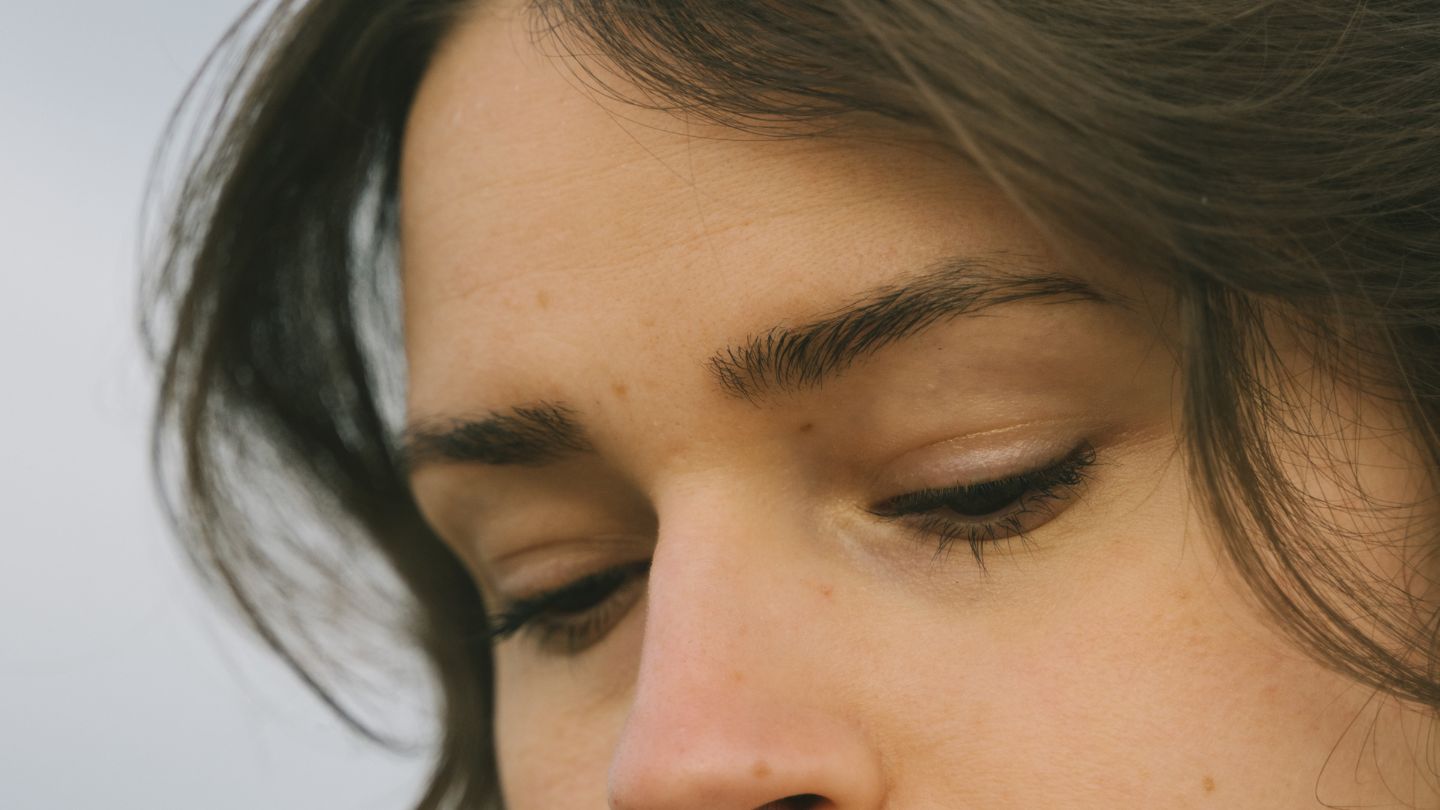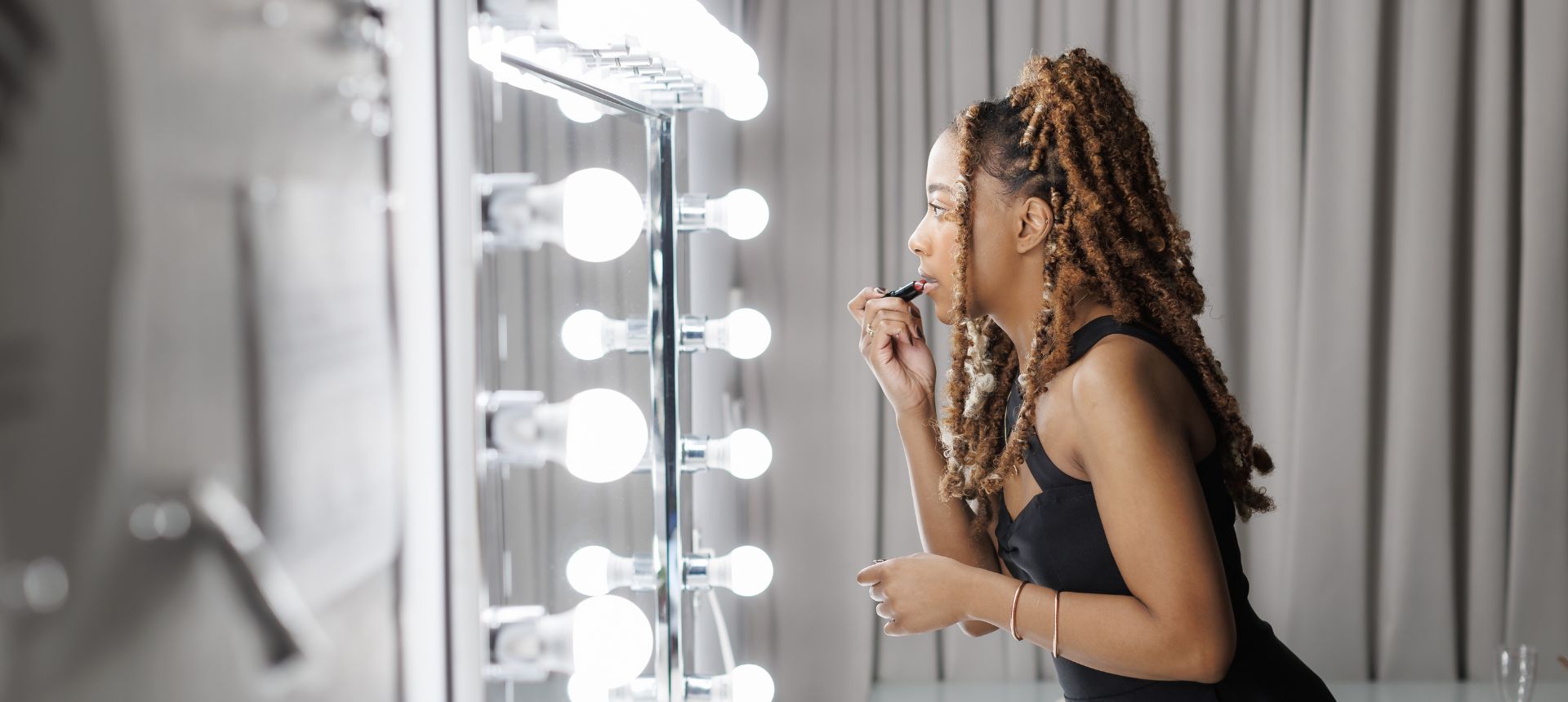I'm going to start this article by acknowledging that I'm partially writing it to remind myself to get back into my proper workout routines. I may not be the only one who needs some motivation, and why not use the added benefit of trying to improve your skin with exercise!
There are extensive studies on the effects of lifestyle habits, such as smoking, diet, and sleep, on the skin. Overlooked in some studies is that you can improve your skin with exercise, too. Regularly exercising* can help improve your skin's health and appearance. When we exercise, blood and oxygen circulate throughout the body.
Regular exercise helps increase blood flow to the skin and improve skin moisture. Studies show that it also improves skin structure and rejuvenates its appearance by promoting increased cellular turnover.
*According to the Mayo Clinic, regular exercise means at least 150 minutes of moderate aerobic activity a week, or at least 75 minutes of vigorous aerobic activity a week, plus a minimum of two days of strength training.
Six ways exercise can improve your skin
1. It can improve collagen production
Research has shown that increased blood flow from exercise can help stimulate collagen production and improve cellular turnover, which in turn helps achieve a healthier, more radiant complexion.
2. Help nourish cells
The increased blood flow from exercise means that all of our body's cells, including those in the skin, are nourished by this blood flow, leading to improved cellular repair and replacement.
3. Removes toxins from your skin
Improved blood flow means that vital nutrients reach the body's cells more effectively and toxins are removed from the body more efficiently. It means that nutrients go where they need to be quicker, and waste or toxins are removed from cells faster to help keep your skin looking its best.
4. Reduce the signs of aging
With improved delivery of oxygen and nutrients, coupled with efficient removal of waste products and free radicals, exercise can help reduce the signs of aging by increasing cellular turnover and collagen production, thereby improving the quality and appearance of your skin.
A research study, documented by U.S. Dermatology Partners, examined the skin of individuals aged 65 and above who maintained a moderate aerobic exercise routine for three months. After three months, tests showed that individuals who exercised more frequently (30 minutes a day) looked healthier and younger than they did when they started.
Notes: If you're exercising outdoors, it's essential to protect your skin from sun damage. Additionally, extremely heavy workouts may negatively impact the skin's appearance and damage overall health. Consult with your doctor or a trainer to determine the most suitable exercises for your age and health.
5. Decreased stress helps skin conditions and the appearance of aging
Over the years, many studies have shown that stress has negative effects on your skin, especially for people with chronic skin conditions like acne, eczema, rosacea, and psoriasis. Stress triggers a physiological response in the body that can cause breakouts, inflammation, and allergic reactions. Working out helps decrease the body's elevated hormonal and immune responses to stress, which can lower the risk of breakouts and flareups.
6. Improved overall health means less stress on your skin
Your skin is an organ that acts as a barrier, protecting the rest of your body from potential damage. When you're sick or in poor health, your immune system tries to keep the body healthy, and the skin's health also suffers. Regular exercise helps maintain overall health, which means your body has the necessary nutrients to keep your skin looking and feeling healthy.
Six skin care tips while exercising
There are several steps you can take to protect your skin's health while exercising regularly.
- Make sure to stay hydrated while you work out. You don't want the adverse effects of dehydrated skin.
- Clean your skin after you exercise. Wash your face, and if possible, take a shower after your workout. Micellar water or gentle cleansing wipes can be handy if you work out at a gym or studio.
- Wear loose-fitting, moisture-wicking clothes. They help avoid rashes, chafing and skin irritation.
- If you're exercising outdoors, apply sunscreen with an SPF of 30 or higher. Reapply it at least every two hours, and if possible, try to work out outside of the peak sun exposure hours, which are 10:00 a.m. and 4:00 p.m. Stay hydrated.
- If you have chronic skin conditions like acne, eczema, rosacea or psoriasis, treat the flareup or breakouts based on your doctor's or dermatologist's recommendations.
- If you notice rashes, blisters, or your skin is chafing, treat them immediately.
Not only does regular exercise help improve your skin's health and appearance, but it also helps improve your overall health and well-being. Try incorporating workouts into your daily routine if you don't already!
Article resources: The National Library of Medicine, American Academy of Dermatology, Mayo Clinic and U.S. Dermatology Partners.
Header 📸c/o Sunia Yoga as part of our Style Escape shop Sunia Yoga collection.
